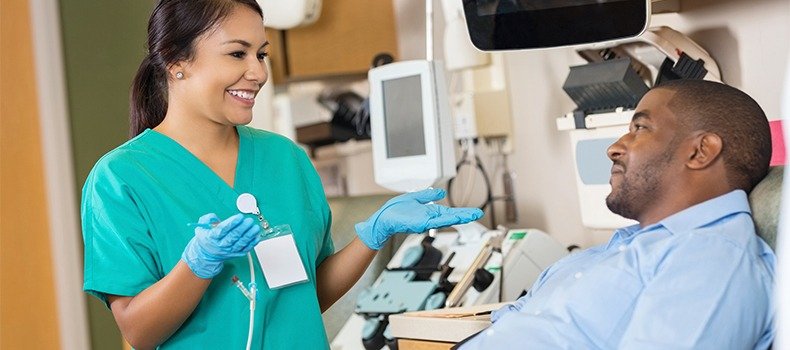**Title: Decoding the Phlebotomist: What Exactly is a Phlebotomist and What Do They Do?**
**Introduction:**
You may have seen them in hospitals, clinics, or laboratories, drawing blood and collecting samples. But do you really know what a phlebotomist does? In this article, we will break down the role of a phlebotomist, their responsibilities, and how they play a crucial part in the healthcare industry.
**What is a Phlebotomist?**
A phlebotomist is a healthcare professional trained to draw blood from patients for various purposes, such as medical testing, transfusions, or donations. They are skilled in venipuncture, the process of puncturing a vein to collect blood samples, and are responsible for ensuring the safe and accurate collection of blood specimens.
**What Do Phlebotomists Do?**
Phlebotomists perform a range of duties to support healthcare providers and patients. Some of the key responsibilities of a phlebotomist include:
1. Drawing blood from patients using venipuncture techniques.
2. Labeling and storing blood samples correctly to ensure accurate testing.
3. Communicating effectively with patients to ease their fears and ensure a positive experience.
4. Following strict safety protocols to prevent the spread of infectious diseases.
5. Maintaining a clean and organized work environment to uphold sterile conditions.
6. Processing blood samples for analysis in the laboratory.
**Benefits of Being a Phlebotomist:**
Becoming a phlebotomist can be a rewarding career choice for those interested in healthcare. Some of the benefits of being a phlebotomist include:
1. Job stability: Phlebotomists are in high demand in healthcare settings, ensuring job security.
2. Flexibility: Phlebotomists can work in various healthcare settings, such as hospitals, clinics, or blood donation centers.
3. Fulfilling work: Phlebotomists play a crucial role in patient care by ensuring accurate blood samples for diagnosis and treatment.
4. Opportunities for advancement: Phlebotomists can pursue additional certifications and training to advance their careers in healthcare.
**Practical Tips for Phlebotomists:**
For aspiring phlebotomists, here are some practical tips to excel in the field:
1. Practice makes perfect: Improve your venipuncture skills through practice and hands-on training.
2. Develop excellent communication skills: Establish rapport with patients to ease their anxiety during blood draws.
3. Stay organized: Maintain accurate records and label blood samples correctly to prevent errors.
4. Prioritize safety: Adhere to strict safety protocols to protect yourself and patients from infections.
**Conclusion:**
phlebotomists play a vital role in the healthcare industry by ensuring the safe and accurate collection of blood samples for testing and treatment. Their skills in venipuncture, communication, and safety protocols make them indispensable members of the healthcare team. If you are considering a career as a phlebotomist, remember to prioritize practice, communication, organization, and safety to excel in this rewarding field.
